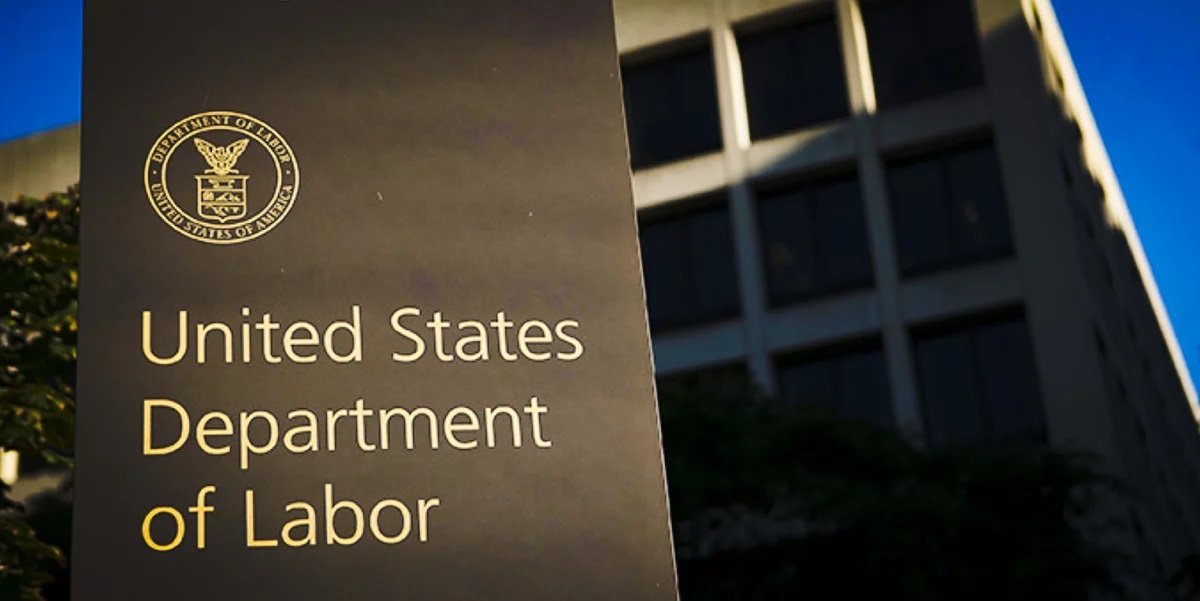View by Topic
Recent Articles
-
Migratory Bird Treaty Act Does Not Prohibit Incidental Take – AgainSaturday, April 19th, 2025
-
President Trump’s Bold Step to Rein in State Overreach in Climate ChangeSaturday, April 12th, 2025
-
Mandatory GHG Disclosures in Maryland Real Estate ContractsSaturday, April 5th, 2025
-
NYC Building Electrification Ruling is Interesting But Not a Game ChangerSaturday, March 29th, 2025
-
Greenpeace Ordered to Pay $667M in Blow to ActivismSaturday, March 22nd, 2025
View by Month/Year
“Green Building Law Update” Headlines
Recent Articles & News from
Stuart Kaplow’s blog
at GreenBuildingLawUpdate.com
- Migratory Bird Treaty Act Does Not Prohibit Incidental Take – Again April 20, 2025
- President Trump’s Bold Step to Rein in State Overreach in Climate Change April 13, 2025
- Mandatory GHG Disclosures in Maryland Real Estate Contracts April 6, 2025
- NYC Building Electrification Ruling is Interesting But Not a Game Changer March 30, 2025
Subscribe to the Green Building Law Update!
Stuart Kaplow brings his expertise and extensive experience to the table with his unique digital publication, "Green Building Law Update". Subscribers receive regular updates to keep them informed about important issues surrounding Environmental Law, Green Building & Real Estate Law, as well as the emerging demand for Environmental Social Governance (ESG).
Get fresh content through the lense of Stuart Kaplow's cutting-edge expertise, innovative commentary and insider perspective. Don't miss another issue! Subscribe below.

New SEC Guidance Portends More Stockholder ESG Activism
Last week the Securities and Exchange Commission announced a subtle change in internal agency guidance that will have the consequence of more shareholder resolutions on ESG issues during the coming proxy season.
The SEC rescinded three recent (Trump era) staff legal bulletins on shareholder proposals. This guidance is significant in that SEC staff may no longer agree that certain stockholder proposals are excludable from proxy statements and annual meeting agendas.
Notably, the new bulletin singles out as likely no longer excludable stockholder resolutions “squarely raising human capital management issues with a broad societal impact” and proposals that “request companies adopt timeframes or targets to address climate change.” That these ESG driven topics are highlighted for special treatment is not surprising given current societal priorities, effectuated by the SEC putting proposals in front of shareholders for a vote at an annual meeting that have broad societal impact versus focus on the issue’s relevance to a particular public company.
The SEC’s two Republican commissioners, Hester Peirce and Elad Roisman, criticized the guidance as being the “flavor of the day regulatory approach” reflecting the politics of the then current Administration, and while that may be correct many business leaders have articulated the larger matter is environmentally conscious stockholders, often owning only a handful of shares, driving corporate action, often action not concerned about the financial interest of stockholders, including that stakeholder ESG will drive much needed increases in wages and also higher energy costs.
Make no mistake, this quietly issued government agency bulletin is a major public policy change. In recent years, hundreds of companies have come to the SEC staff seeking no-action letters with respect to shareholder proposals looking to micromanage the company in violation of the “ordinary business” and “economic relevance” exceptions or unlikely to garner the necessary votes at an annual meeting.
Moreover, in the short term this change comes about just as the 120 day deadlines (before the anniversary date of the company’s proxy statement for the previous year’s annual meeting) for shareholder proposals are approaching and many suggest will portend a very activist year.
Our attorneys have for years worked with public companies on how to respond to shareholder environmental proposals including successfully advising clients on the environmental issue de rigueur in 2019, nurdles (.. you may have thought a nurdle was a cricket term for a score by deflecting the ball rather than striking it, but a nurdle is also a small, lentil size, pellet of plastic that serves as raw material in the manufacture of plastic products).
Not surprisingly, matters of whether failure to bring a particular stockholder proposal to the floor at a company annual meeting will constitute a violation of federal securities laws, swing as a pendulum does back and forth from presidential administration to administration, and with this new guidance ESG concerns can be expected to dominate shareholder submissions this year. But, there remains a legitimate question if this a good way to run a business? And maybe the greater calamity is this almost certainly not a good way to make ESG public policy?
It is beyond dispute that the consequences of this SEC bulletin will be that attorneys have more work this year, not less, for public companies advising how to respond to shareholder ESG proposals.









